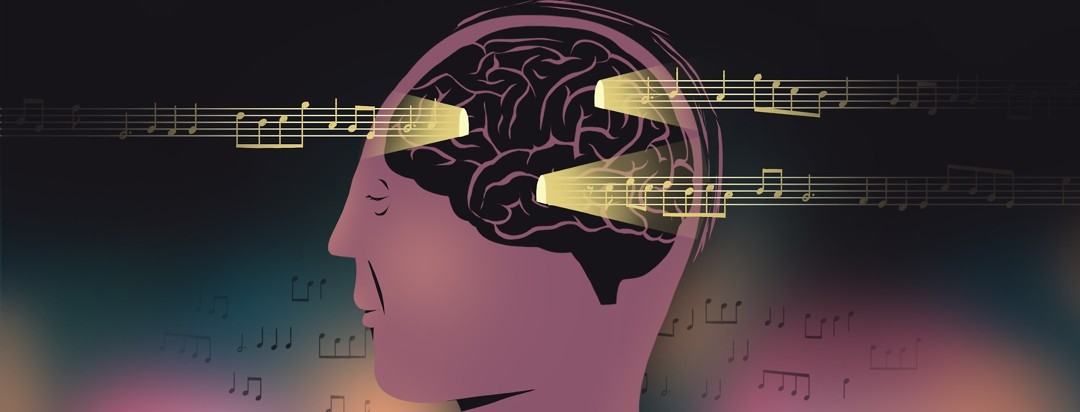Music Therapy as a Treatment Option for Alzheimer’s?
Alzheimer’s disease is a brain disease that slowly takes away memory, language, and reasoning.1 It usually affects people 65 and older, and there is no cure.1
Current treatments for Alzheimer's only manage symptoms. Alzheimer’s disease is a type of dementia with emotional and cognitive symptoms.1 Examples of emotional symptoms are depression, anger, and anxiety. Examples of cognitive symptoms include a memory loss, poor judgment, and poor coordination.
Recently, people with Alzheimer’s disease have been using music therapy to help ease their symptoms.
What is music therapy?
Music therapy is a treatment that uses music to help with an emotional or cognitive problem.2 This therapy treats many conditions such as Alzheimer’s disease, Parkinson’s disease, autism, and stroke.2 The therapy uses a board-certified music therapist and a customized music program. Therapy sessions involve listening to music, singing to music, or even dancing. Each program has specific goals.
A common goal with music therapy is to lower stress and anxiety.2 Improving memory and communication are also goals.2 Since these are common issues for people with Alzheimer’s disease, music therapy is promising. The therapy lasts anywhere from weeks to months, and sessions can happen daily or weekly.3
The science behind music therapy is based on how our brains process information. Our brains use an area called the temporal lobe to learn new information and remember past information.3 Alzheimer’s disease affects the temporal lobe.3 This is why one of the main symptoms is memory loss. Our brains use a different area to process music.4-5 So, music can unlock our memories because it cues our brains in a different way. Our bodies also respond to music in a positive way. In people with Alzheimer’s disease, this may mean less depression or anger.3
How do you do music therapy?
Music therapists have different ways of using music to help with symptoms. Examples of the different techniques used in therapy sessions are as follows:1,3,6
- Listening to music – using headphones to pay attention to familiar music.
- Singing songs – singing familiar songs (karaoke).
- Music-based intervention – using elements of music, like rhythm or beats, to help memory.
- Background music – music is passively played in the room.
- Music with activities – listening to music while singing or dancing.
- Multisensory stimulation – music is combined with another brain stimulus such as painting or gardening.
Does music therapy work?
Emotional and cognitive symptoms of people with Alzheimer’s disease were judged by doctors before and after therapy sessions.
Most studies show that music therapy benefits people with mild or moderate symptoms.3,6 Results show less stress, anxiety, and depression.3,6 In many cases, music therapy improves short-term memory.3,6
The best results come when familiar music is used.3,6-7 For example, your memory and mood may improve more if you use music that you loved as a young adult. Studies using unfamiliar music show that the therapy may not be effective.3,6 More research is needed to understand how music affects the brains of people with and without Alzheimer’s disease.
What if I can’t find a music therapist?
True music therapy uses a trained therapist. But there are many ways to add music to your daily life! If your loved one has Alzheimer’s disease, see if music improves their mood.
First, help them choose music that is special to them. Perhaps they listened to country music as a child. Try playing familiar country songs at a low volume. Maybe add in dancing or singing, too.
Some online music sites have commercials between songs. Commercials may confuse your loved one so try choosing music with no interruptions. Playing music at home may not be true music therapy, but listening to music can be fun and calming.
Can I use music therapy instead of taking drugs prescribed by my doctor?
Music therapy cannot take the place of your current drugs or treatments. It is used along with other therapies. Music therapy may help manage some symptoms of Alzheimer’s disease, but it does not help manage them all. Talk to your doctor if you think music therapy may help you.

Join the conversation